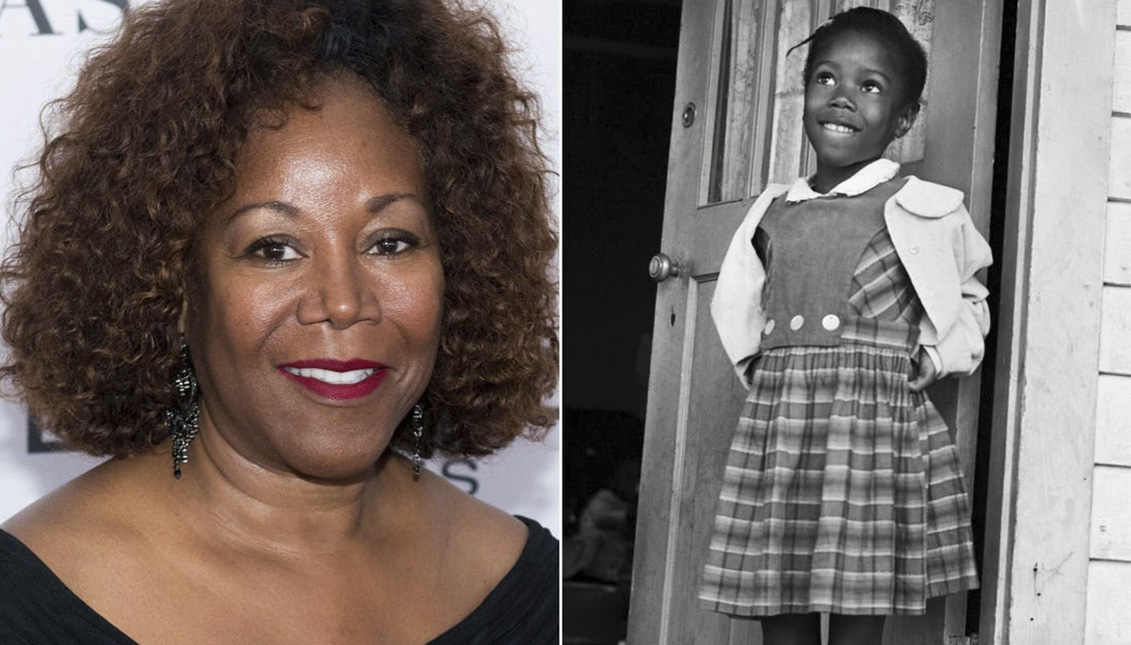
Ruby Bridges, the Black activist who "revolutionized" Selena Gomez's Instagram
The Latina actress and singer gave her social media accounts to Black activists and leaders to showcase their work. Bridge was an inspiration.
"Hi, I'm Ruby Bridges," was the beginning of the video that Selena Gomez's 180 million fans saw with surprise on her Instagram, which featured a majestic Black woman who was unknown to most of them.
However, Bridges is a legend in the U.S. civil rights struggle, as well as one of the first black students to attend a white school in the country.
Their message, like their story, is powerful. The activist urged Selena Gomez's young fans to join in the "fight to save black and brown lives," and showed some archive images of the protests that were organized at the school she attended in Louisiana in the 1960s.
It took place at William Frantz Elementary School in New Orleans, and all the photos are part of the documentary The Children Were Watching, which examines the hard battle against school segregation in the city. A story that has a mother, Daisy Gabrielle, and her daughter Yolanda, both white, as the protagonists of a historic pulse because Gabrielle refused to take her daughter out of school as many white parents did in the early days of integration.
At just six years old, Ruby Bridges began attending public school in the southern United States at a victorious yet complex time in civil rights history.
RELATED CONTENT
The Supreme Court had ordered an end to racial segregation in 1954, and many states, including Louisiana, resisted the change to the status quo.
Six years later, it was already a reality that black and white students would live together in the same classrooms, and the first African-American students like Ruby became both a symbol and an object of the wrath for those who disagreed with integration.
The little girl had to attend school every day under the custody of federal marshals, as she was the only black student at the institution. Her first year was marked by loneliness and the only person who supported her was a teacher.
During the Obama administration, a portrait of Ruby by Norman Rockwell was put on display in the White House.
"The girl in that painting didn't know anything about racism: she was going to school that day," the activist said a few years ago. "But the lesson I learned that year, in an empty school, was that none of us know anything about not liking each other when we came into the world. It's something you learn."
Thanks to Gomez, testimonies like Ruby Bridges' can reach the younger generations and build bridges between minorities who share the same struggle in the United States for social justice and equality in times that need a collective effort for change. A change that is already taking place.











LEAVE A COMMENT: